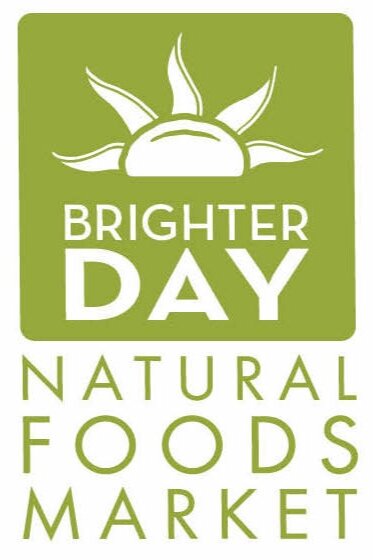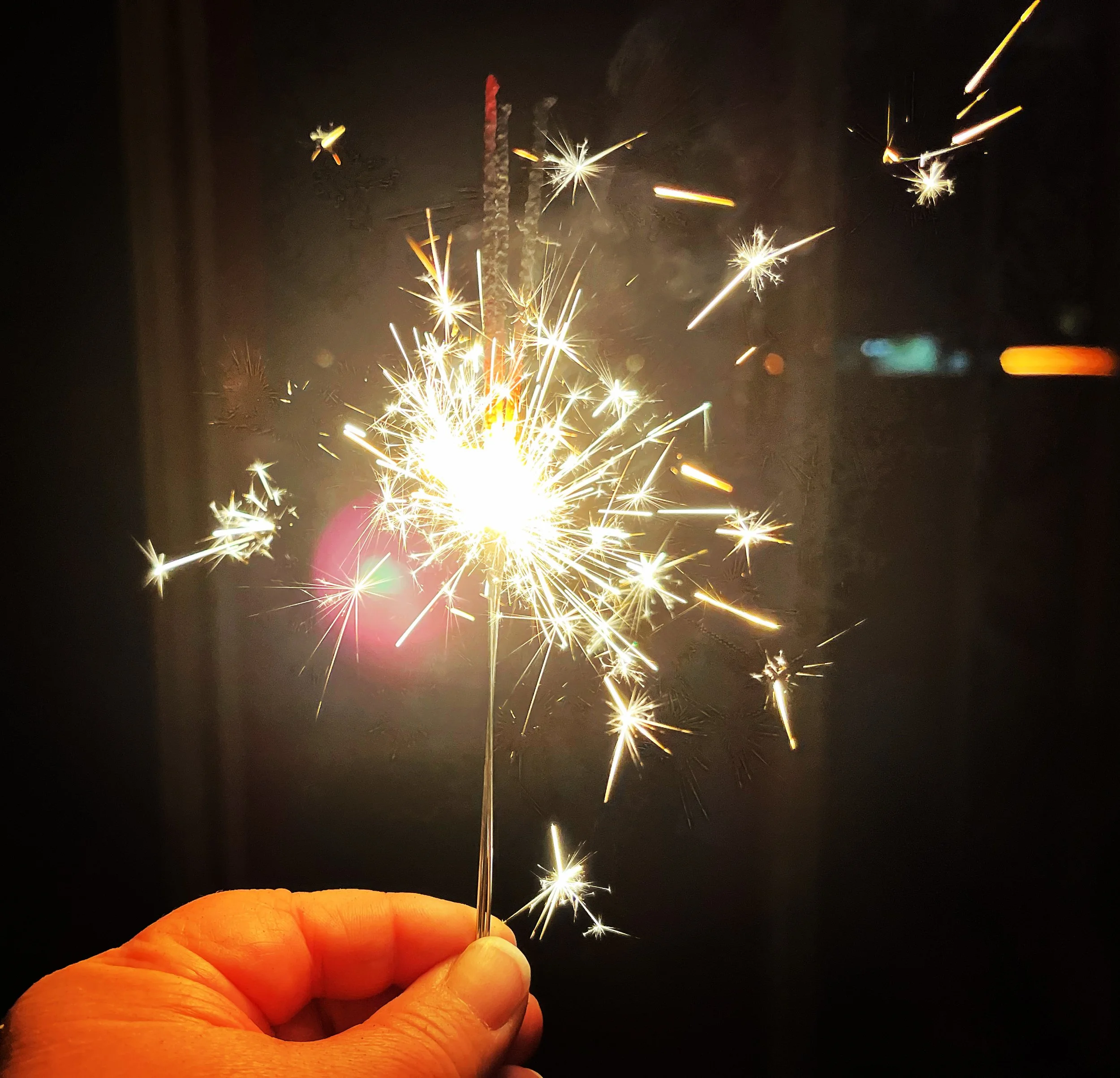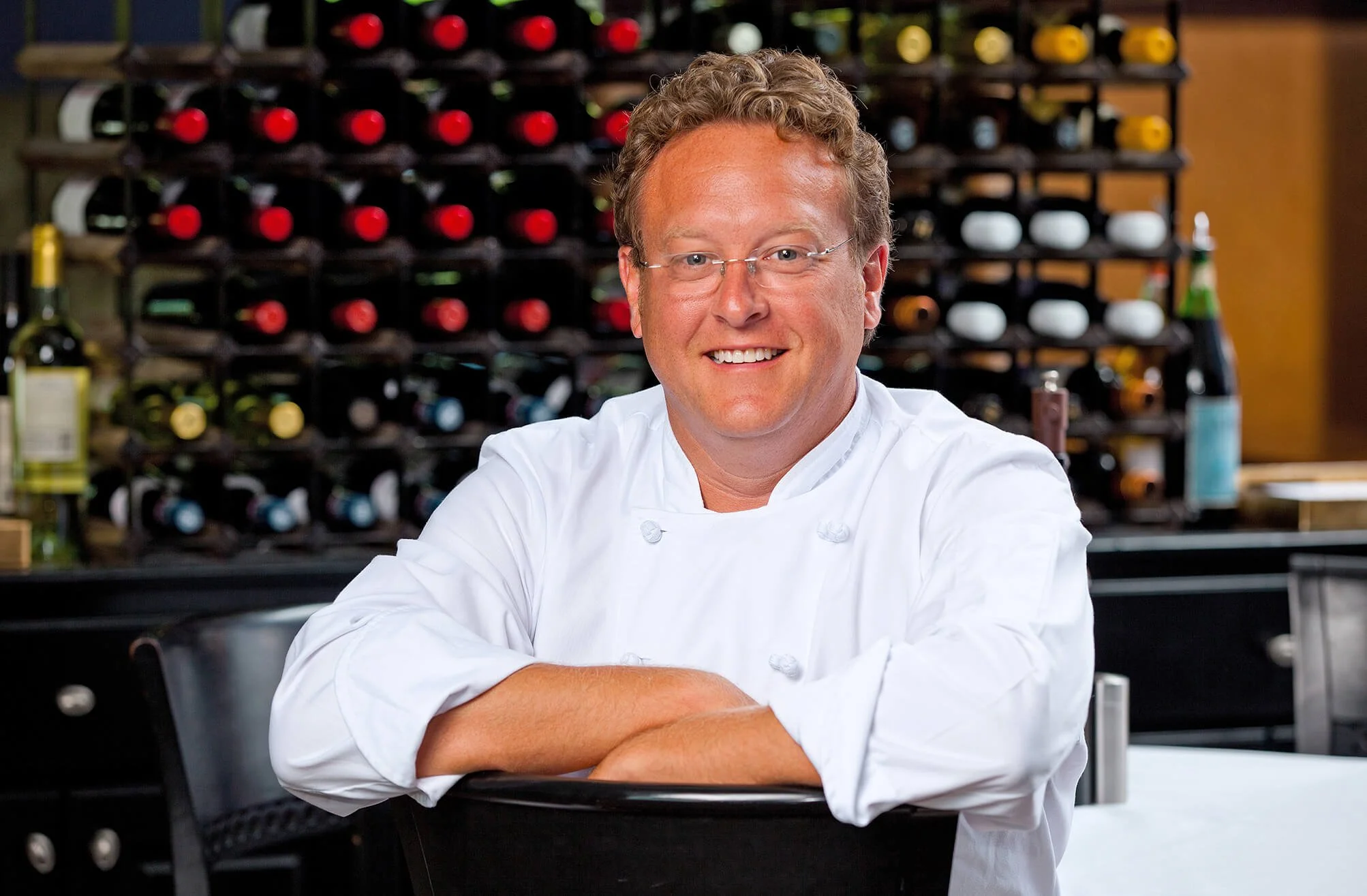No, this isn’t the opening line of a joke. It’s the start of a healthier alternative for nail care in Savannah.
When friends and now co-owners of Sea Salt & Sugar, Suzanne Anderson, Lindsay Sammons and Christy Harpring first learned about the under-regulated beauty industry and the plethora of dangerous toxins that pervaded nail salons, they knew they wanted to seek out safer options. But they couldn’t find what they were looking for locally because it didn’t yet exist.
The trio started doing some research and discovered that salons on the West Coast were making some significant strides toward healthier products and practices using less chemicals and fewer toxins.
Following their lead, Sea Salt & Sugar opened its doors this past summer, providing Savannah with a nail bar where beauty and wellness are given equal billing and quality is not sacrificed for ideals.
Taking into account their likes and dislikes about traditional nail salon establishments and the chic downtown day spas, the three women set out to create an experience that they themselves would want to have.
“Really it just came from a consumer-driven point of view,” Suzanne explained. “It’s really a selfish venture to create something that we wanted to see… we thought about everything we don’t like about the quick places and why we don’t go to a spa downtown to get our nails done and we tried to learn from those two.”
They designed their space quite literally from the ground up, giving it an open, relaxing atmosphere with a luxurious feel. But it’s not just about the aesthetics, the design also includes a full-facility water filtration system, air filtration, natural plants, aromatherapy, foot basins without jets (which harbor bacteria), and a sterilization system for tools - all to ensure that the experience is as safe as it is relaxing.
They have also done their research when it comes to the products that they use, choosing to use only products that meet safety standards that are much higher than the industry norm.
“We do everything as clean (meaning without toxins) as we can without sacrificing quality,” Suzanne explained. “The industry has some safer options. We have a gel option that’s seven-free, so it doesn’t have the top seven chemicals, but we’re not going to use something that’s an inferior product. We’re not going to charge you for a pedicure that only lasts two days.”
“Simple, safe, serene is our tagline,” she continued. “A lot of times simple is easier and safer. We make all our own scrubs here using high-quality essential oils. We evaluate products continuously to make sure we’re keeping up with the best products available.”
Though they are providing a safer alternative than conventional nail salons, many of their customers are not aware of the difference. Education also plays an important part of what the three women hope to accomplish with their business, but they feel sometimes their message can get lost in the process.
“We have plenty of clients who come in here just because it’s pretty and it’s a nice experience, but we know that our products are better - it’s safer for us, it’s safer for our employees,” Suzanne said.
As a physician, Suzanne is aware that switching nail polish isn’t likely to be a life-saving change but any time toxins can be avoided, especially considering a cumulative effect, is certainly a healthier choice. And the toxins in many of the nail products on the market today are far from harmless.
“Our products are free of the worst toxins like formaldehyde and parabens.. all these hormone disruptors, endocrine disruptors. There was one study that we looked at that showed that one of the chemicals that they tested showed up in your urine within 45 minutes of getting a manicure,” Suzanne asserted. “Think about how quickly that gets absorbed and processed through your kidneys. You think, ‘that’s just my fingernails’ or ‘that’s just my hair’, but it’s absorbed into our bodies… everything that gets put on us.”
Despite the upscale feel and the use of high-quality products, the menu selection at Sea Salt & Sugar is purposefully designed to be simple and affordable. And whether a client is in for a quick nail polish or the full mani/pedi option, he or she can expect to be pampered with an experience that is safe and serene.













